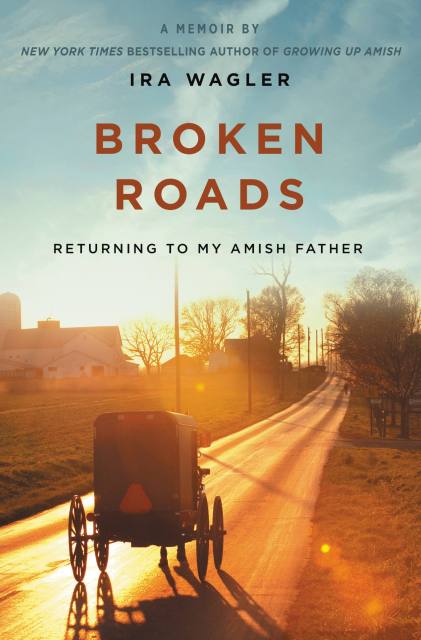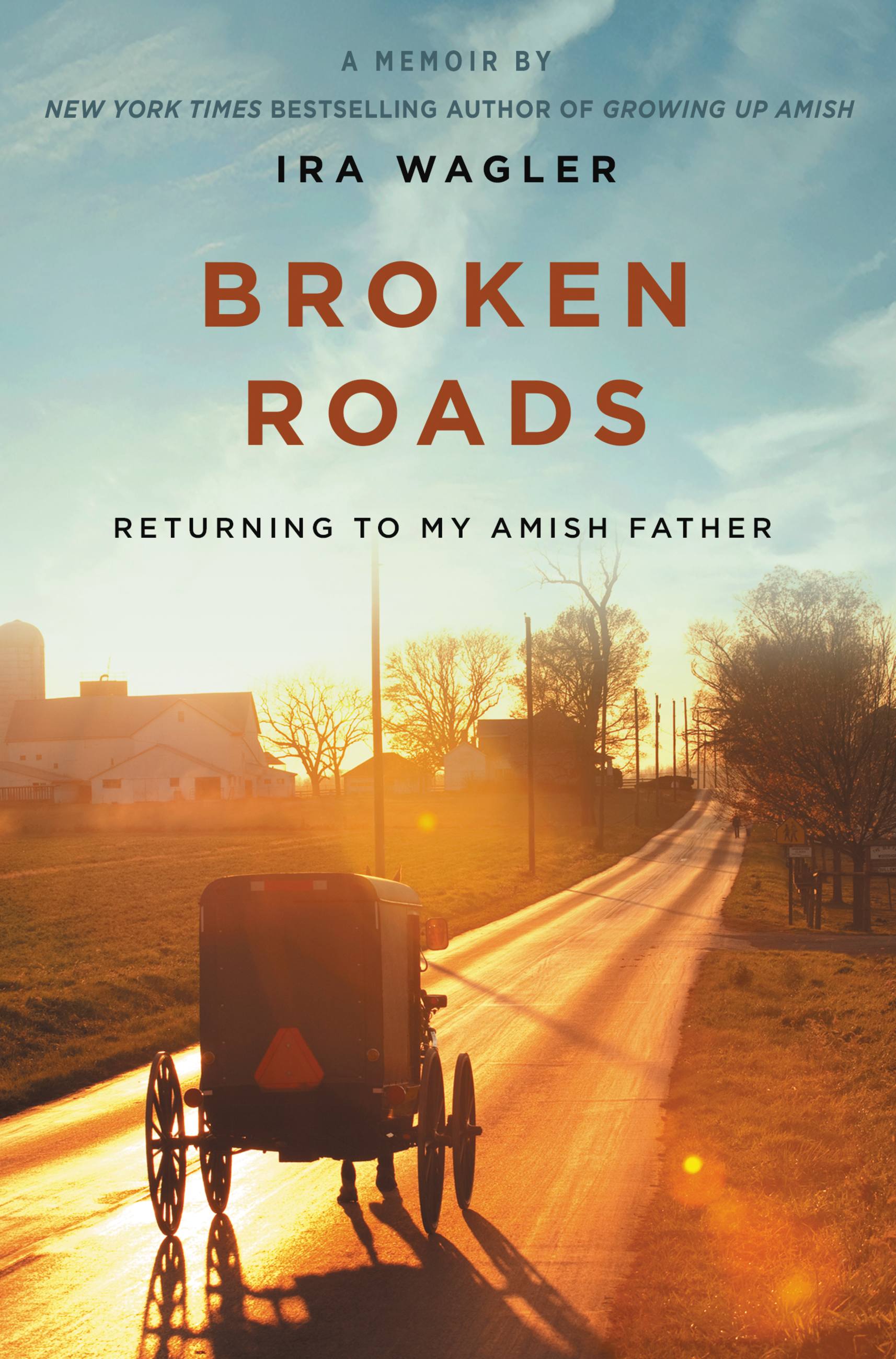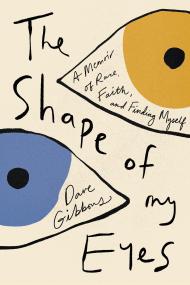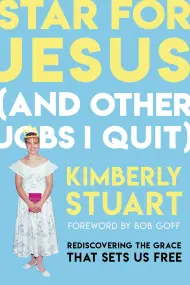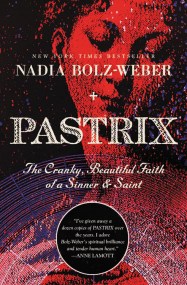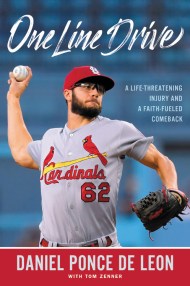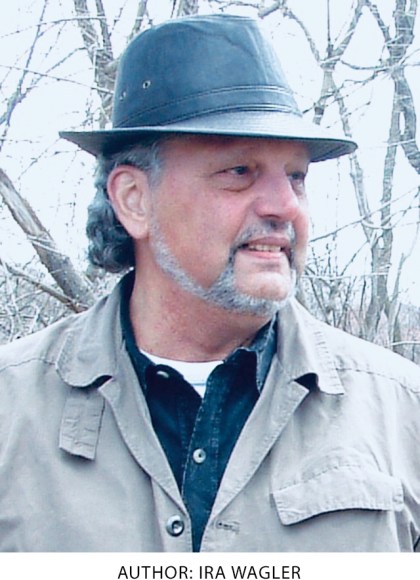Broken Roads
Returning to My Amish Father
Contributors
By Ira Wagler
Formats and Prices
Price
$11.99Price
$14.99 CADFormat
Format:
- ebook $11.99 $14.99 CAD
- Audiobook Download (Unabridged)
- Trade Paperback $16.99 $22.99 CAD
This item is a preorder. Your payment method will be charged immediately, and the product is expected to ship on or around May 12, 2020. This date is subject to change due to shipping delays beyond our control.
Also available from:
In this insightful memoir, the New York Times bestselling author of Growing Up Amish tries to reconcile his father, family, and heritage after leaving his faith behind.
In Broken Roads, Ira Wagler uses his singular voice to unapologetically, but compassionately, illuminate the inner world of the Amish community through his story of life after leaving, what feels like his inevitable return to his Amish father, and how they might mend the relationship between them before it’s too late.
Through difficult reunions, struggles confronted, and betrayals revisited, Wagler explores burning questions of faith and identity shared by millions, whether Amish or not. Readers may recognize themselves along these paths with Wagler, as he grapples with choices, faith, family, the past, and the future.
- On Sale
- May 12, 2020
- Page Count
- 272 pages
- Publisher
- FaithWords
- ISBN-13
- 9781546012054
Newsletter Signup
By clicking ‘Sign Up,’ I acknowledge that I have read and agree to Hachette Book Group’s Privacy Policy and Terms of Use
